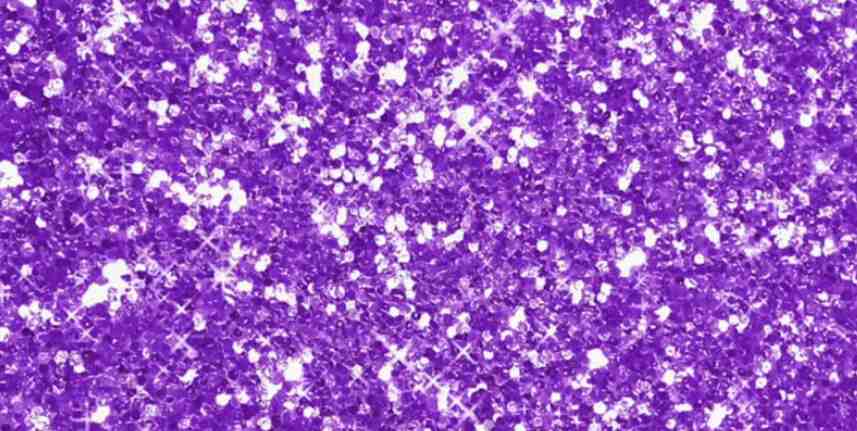THE LATEST
Advancements in cancer diagnosis: Harvard Medical School develops CHIEF AI tool with multifaceted capabilities

Harvard Medical School scientists have introduced an innovative AI tool to revolutionize cancer diagnosis and treatment. This groundbreaking AI model, similar to ChatGPT, has demonstrated remarkable versatility by performing various diagnostic tasks across different cancer types. The development, featured in Nature, signifies a significant advancement in AI-driven healthcare solutions.
Traditionally, AI systems have been trained for specific tasks within limited cancer types, such as cancer detection or genetic profile prediction. In contrast, the new AI tool surpasses these limitations, excelling in multiple tasks and showing effectiveness across 19 different cancers. Leveraging a unique approach, this model mirrors the adaptability of large language models like ChatGPT, setting a new standard in the realm of cancer diagnosis.
Kun-Hsing Yu, an assistant professor of biomedical informatics at Harvard Medical School and the senior author of the study, expressed optimism about the AI platform's potential. Yu highlighted the tool's agility in cancer evaluation tasks, stating, "Our ambition was to create a nimble, versatile ChatGPT-like AI platform that can perform a broad range of cancer evaluation tasks." The AI model interprets digital tumor tissue slides with superior accuracy, enabling precise cancer cell detection, molecular profile prediction, and patient outcome prognosis across various cancers.
An outstanding feature of this AI model is its ability to predict patient outcomes and validate results across diverse international patient cohorts, setting it apart from previous AI systems for medical diagnosis. By reading digital slides, the model identifies cellular features indicative of tumor composition and patient response to conventional treatments like surgery, chemotherapy, radiation, and immunotherapy. Moreover, it has revealed previously undisclosed tumor characteristics associated with patient survival, offering new insights into cancer prognosis.
The training and performance of this AI model, known as CHIEF (Clinical Histopathology Imaging Evaluation Foundation), highlight its effectiveness. Trained on a diverse range of tissue images encompassing 60,000 slides from 19 cancer types, CHIEF demonstrated unparalleled proficiency in cancer detection, tumor origin identification, predicting patient outcomes, and decoding genetic patterns relevant to treatment response. It outperformed existing AI methods by up to 36% across various diagnostic tasks, showcasing its superior performance and adaptability in clinical settings irrespective of sample source or digitization technique.
Yu and his team plan to further enhance CHIEF's capabilities by expanding its training data to include images from rare diseases and pre-malignant tissues. The incorporation of additional molecular data aims to improve its understanding of cancer aggressiveness levels and therapeutic effects. These planned enhancements demonstrate the team's commitment to refining CHIEF as a powerful tool for personalized cancer diagnosis and treatment.
The promising outcome of this research fuels optimism in the healthcare community, hinting at AI's pivotal role in advancing cancer management practices. If validated and widely implemented, this AI-powered approach has the potential to identify suitable experimental treatments for patients with specific molecular variations, thereby improving treatment outcomes and patient care on a global scale.
To conclude, Harvard Medical School's trailblazing AI model signifies a paradigm shift in cancer diagnosis and treatment, showcasing the potential of cutting-edge technology in transforming healthcare. The quest for innovative solutions continues, emphasizing the significance of AI integration in enhancing clinicians' diagnostic precision and improving patient outcomes in the fight against cancer.
